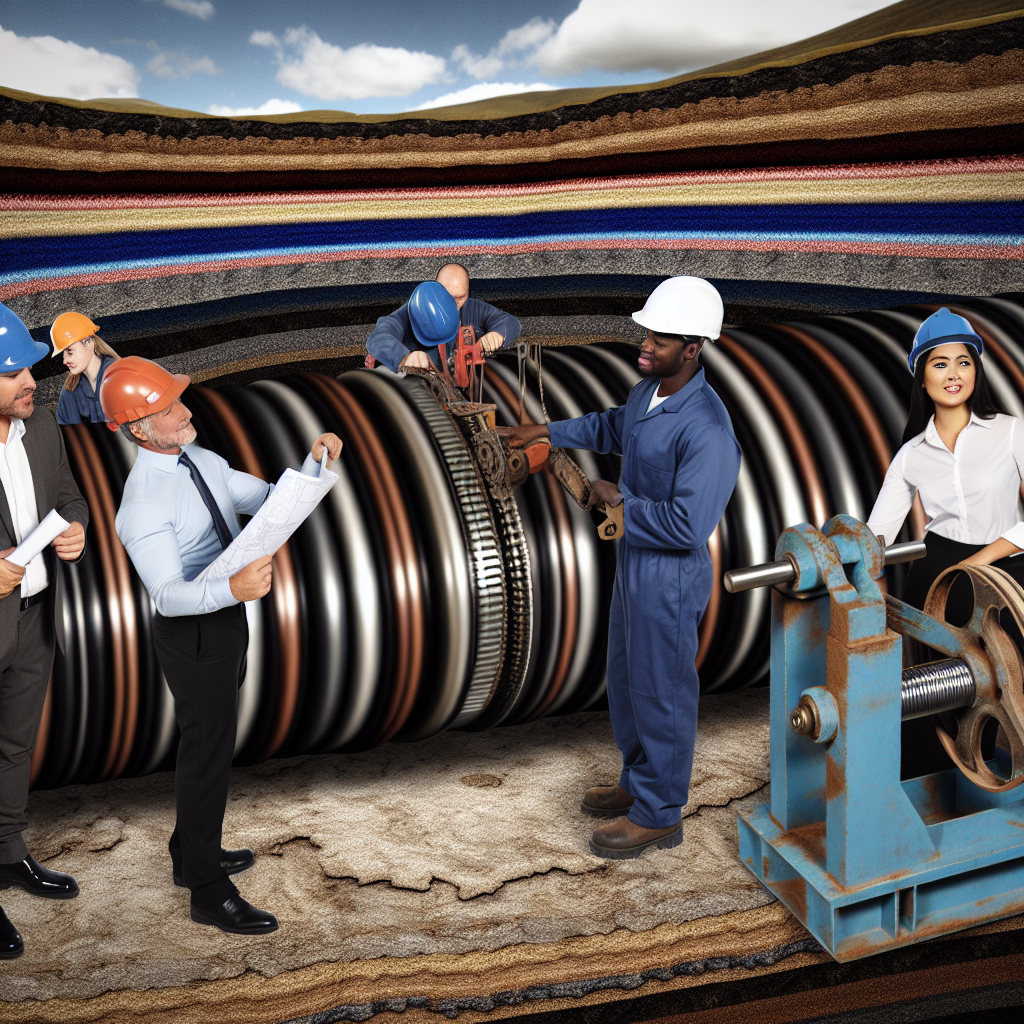Published: Dec 28, 2024

In recent years, homeowners have increasingly turned to geothermal heating and cooling systems as a more sustainable and cost-effective alternative to traditional HVAC systems. These systems harness the stable temperature of the earth to heat and cool homes efficiently, offering a range of benefits for both the environment and your wallet.
Geothermal systems work by leveraging the consistent temperature below the earth's surface. The ground remains at a relatively stable temperature throughout the year, meaning that during winter, the ground is warmer than the outdoor air, and during summer, it is cooler.
There are two main types of geothermal systems: ground-source heat pumps (GSHPs) and water-source heat pumps (WSHPs). GSHPs utilize loops of underground piping filled with a water-based solution to exchange heat, while WSHPs transfer heat to or from a body of water, such as a pond or well.
One of the primary advantages of geothermal systems is their high energy efficiency. By tapping into the earth's natural heat reservoir, these systems require significantly less energy to operate compared to standard air-source heat pumps or traditional HVAC systems.
While the upfront cost of installing a geothermal system may be higher than conventional HVAC systems, the long-term savings on energy bills can more than make up for it. Geothermal systems have lower maintenance costs and can reduce heating and cooling bills by up to 50%.
Geothermal systems are considered environmentally friendly as they produce fewer greenhouse gas emissions and reduce reliance on fossil fuels for heating and cooling. By using renewable energy from the earth, homeowners can significantly decrease their carbon footprint.
Geothermal systems are known for their durability and longevity. The underground components typically last for decades with minimal maintenance, providing reliable heating and cooling for years to come.
Unlike traditional air-source heat pumps that can be noisy, geothermal systems operate quietly since the main components are located underground. This ensures a peaceful indoor environment without the disruptive hum of a compressor.
Before deciding to install a geothermal system, there are several factors to consider. The suitability of your property for geothermal, the soil type, available land area for loop installation, and local regulations all play a role in determining the feasibility of such a system.
It's essential to consult with a professional HVAC contractor specializing in geothermal systems to assess your property, calculate heating and cooling requirements, and design a system that meets your specific needs.
In conclusion, geothermal heating and cooling systems offer a sustainable, energy-efficient, and environmentally friendly solution for homeowners looking to reduce their carbon footprint and lower their energy bills. While the initial investment may be higher, the long-term benefits in terms of energy savings, comfort, and durability make geothermal systems a compelling choice for residential HVAC.

Our expert technicians are ready to assist you 24/7!
Contact Us Today!Read our latest articles for helpful information about heating, cooling, and air quality.
When choosing between a furnace and a heat pump for your home, consider factors like climate, energy costs, and budget...
Read MoreInvesting in energy-efficient HVAC systems like variable-speed air conditioners, heat pumps, and smart thermostats can...
Read MoreRegular HVAC maintenance is essential for improving energy efficiency, extending the lifespan of your system, enhancing...
Read MoreImplement these 10 tips to enhance the air quality in your home, promoting a healthier living environment for you and y...
Read More